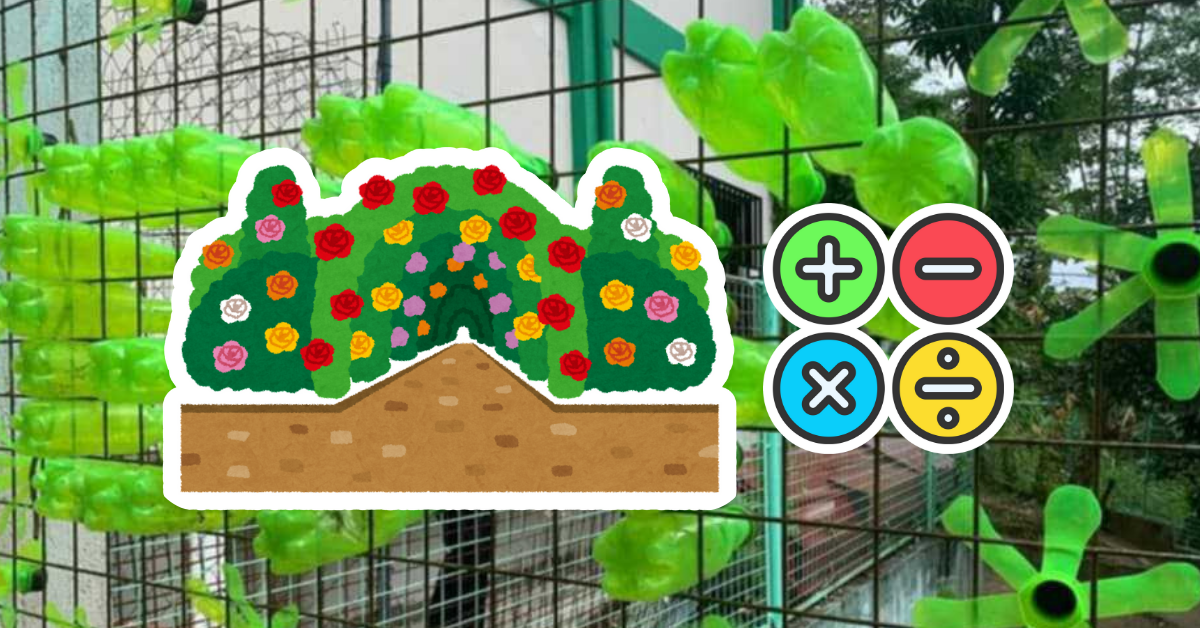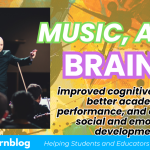Progress in the Nocon Garden
The Andres A. Nocon High School has initiated programs focused on gardening, such as planting vegetable seeds during the recent Brigada Eskwela.
On August 18, 2023, the Gulayan Officers launched the Gulayan sa Paaralan Program (GPP). According to Von Harvey Bueno, the Vice President of the Gulayan, they planted alongside their classmates and their garden teacher, Mrs. Mary Jane Mogol.
One of the main objectives of this program is to provide additional vegetables to be used in the school canteen, which will benefit the students, Bueno added.
In January of this year, the Math Club Officers also laid plans for reorganizing their Math Garden. Gabriel Baguio, the president of the Math Club, stated that they are planning to implement a vertical garden. He mentioned that they have started clearing out dry grass and stones to make space for planting.
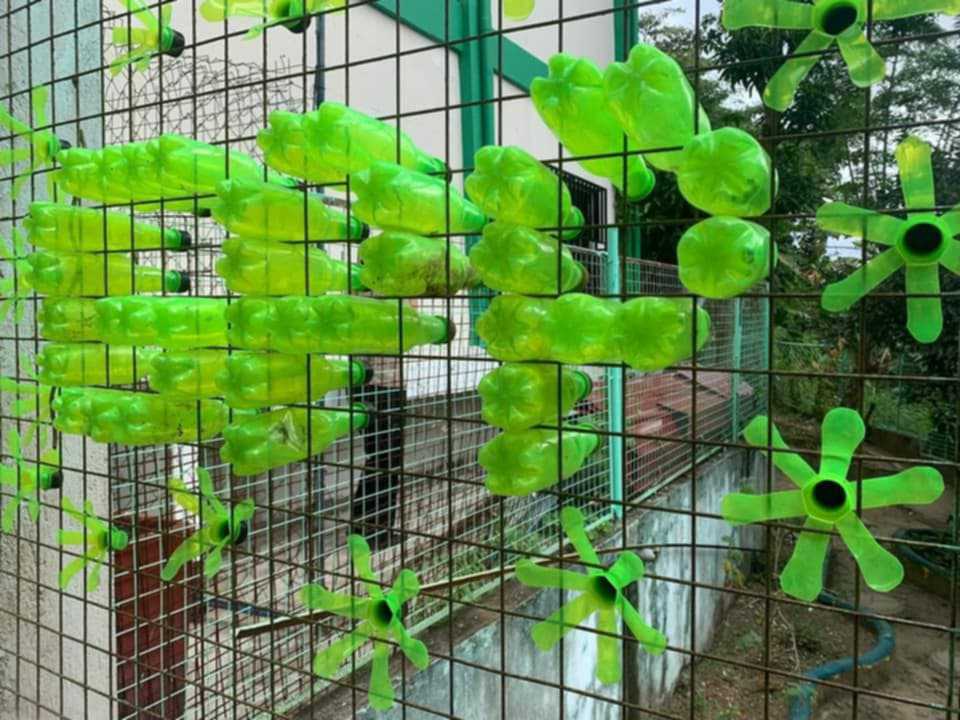
Artistic Garden Initiative
The vertical garden is one of the goals of the Math Club Officers of AANNHS. This method involves stacking plants, allowing for efficient water flow and conservation. They also plan to paint items related to mathematics to enhance the artistic aspect of the garden, according to Baguio. He noted that connecting mathematics to real-life applications can help engage students more deeply in the subject.
Vertical gardens, also known as green walls, offer significant environmental and aesthetic benefits. By utilizing vertical space, these gardens maximize limited areas, making them ideal for urban environments where land is scarce. They help improve our air quality by filtering pollutants and increasing oxygen levels, contributing to a healthier atmosphere. Additionally, vertical gardens can reduce urban heat by providing insulation and lowering surrounding temperatures, thus mitigating the urban heat island effect.
They can also play a crucial role in managing stormwater runoff, as plants absorb rainwater, reducing flooding and erosion. This feature is especially valuable in cities prone to heavy rainfall, as it helps maintain a balanced urban ecosystem. Moreover, vertical gardens can be integrated into building designs, enhancing energy efficiency by reducing heating and cooling costs through natural insulation.
Aesthetic benefits of vertical gardens are equally important. They transform bland, concrete spaces into vibrant green areas, enhancing the visual appeal of buildings and neighborhoods. This can have positive psychological effects on residents and workers, promoting well-being and reducing stress. Furthermore, vertical gardens can serve as educational tools, demonstrating sustainable practices and encouraging urban gardening. Overall, they represent a multifunctional solution to urban challenges, promoting sustainability, enhancing quality of life, and fostering a deeper connection to nature.
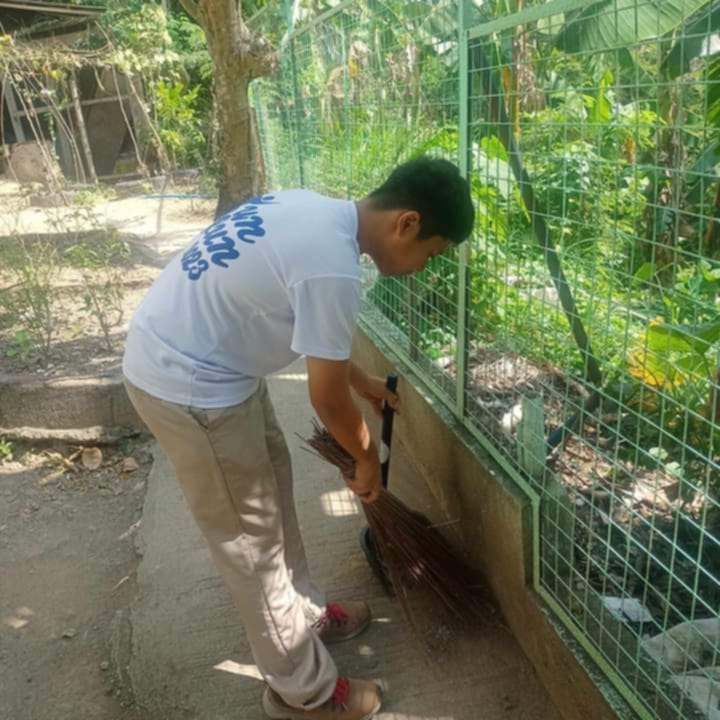
The First School Garden
The first school garden has been active since August 2023 and continues to flourish. They have planted chili peppers, eggplants, tomatoes, and other nutritious vegetables in the Gulayan. The primary aim of this initial garden is to serve the school by providing additional supplies for the canteen.
Additionally, Bueno, the program’s second president, mentioned that they have also undertaken cleanup programs for the school’s sinks and restrooms.
In summary, both the Math Garden and the GPP share a common goal: to serve and support the school, beautify the gardens, and maintain a clean environment. They aim to foster a love for nature and the environment among all students.
Deped; GPP is important
The Gulayan sa Paaralan Program (GPP) of the Department of Education (DepEd) aims to enhance food security and promote better nutrition among students by encouraging schools to cultivate their own vegetable gardens. By integrating agricultural practices into the school curriculum, the program not only teaches students sustainable farming techniques but also fosters environmental awareness and responsibility.
Additionally, GPP supports the development of livelihood skills, preparing students for future entrepreneurial endeavors. It also emphasizes community engagement by involving parents and local residents in gardening activities, thereby strengthening community ties. Ultimately, the program seeks to improve overall academic performance by providing hands-on learning experiences that enrich student’s education.
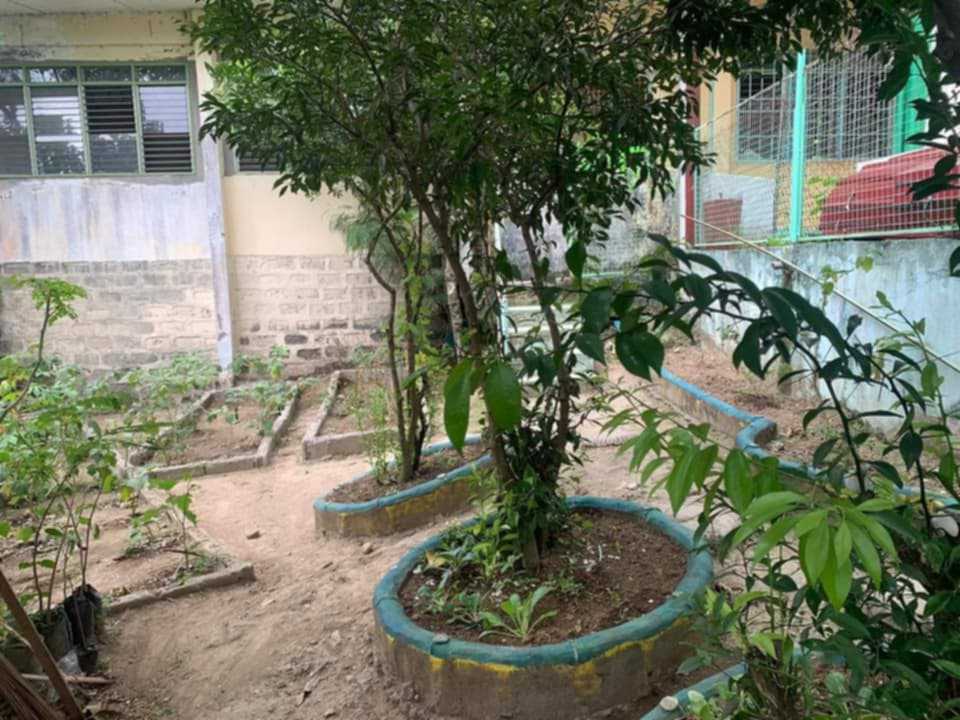
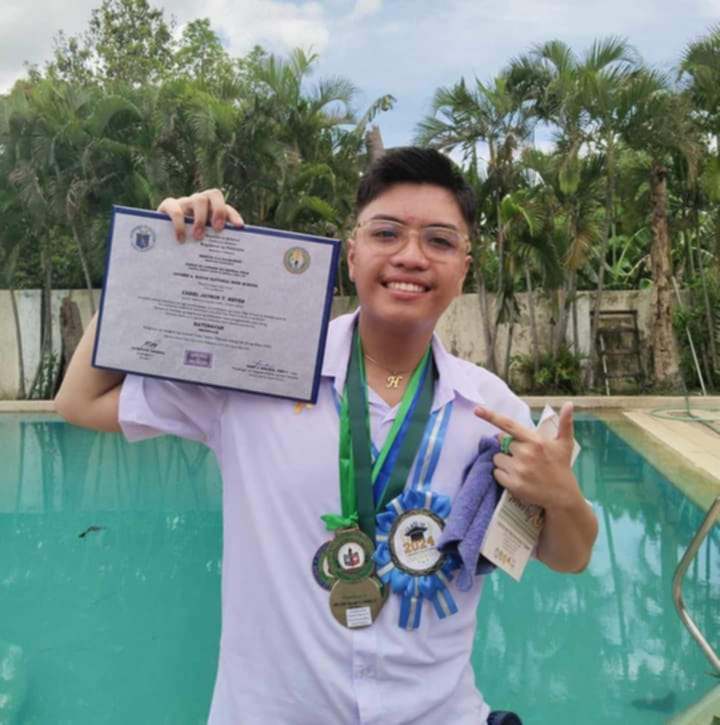
About the Author
Cahrl Jayson Reyes is a 7-year feature writer who has passion to inspire co-journalists. Currently a feature writer and a publisher of a school publication. [Among Charl’s accolades as of writing is him becoming a Regional Schools Press Conference (RSPC) Qualifier in ScieTech Writing, and Division Schools Press Conference (DSPC) qualifier in Feature Writing.]
